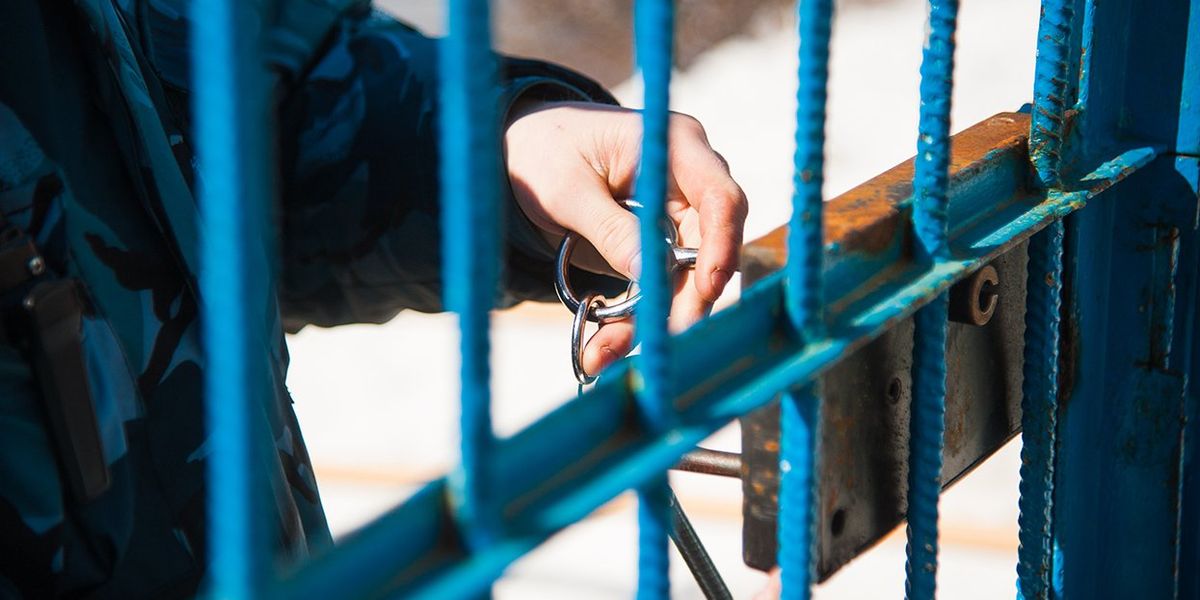Trans corrections officer in Georgia can continue lawsuit, appeals court rules
Author: Trudy Ring

A transgender man in Georgia can continue to pursue his lawsuit against the state’s Department of Corrections, which he says maintained a hostile work environment, the U.S. Court of Appeals for the 11th Circuit ruled Thursday.
A three-judge panel of the appeals court sent Tyler Copeland’s case back to the trial court — the U.S. District Court for the Southern District of Georgia — to consider whether his employer is liable for the hostile environment.
It upheld the district court’s dismissal of Copeland’s other claims — that he suffered retaliation and loss of a promotion — saying “he has submitted no evidence of when he actually applied for and failed to receive the promotions he claims GDOC withheld as retaliation for his protected activity.”
Copeland joined the corrections department a decade ago. He was assigned to Rogers State Prison in Reidsville, Ga., first as an officer, and was eventually promoted to sergeant and then lieutenant.
During his tenure at Rogers, he came out as trans. He met with human resources staff to inform them of his transition. The HR director, warden, and deputy warden then told the entire prison workforce they should use male pronouns for Copeland or address him as Sergeant Copeland, and they told Copeland to come to HR if he encountered any problems.
He began suffering harassment almost immediately, according to his suit. Coworkers and supervisors called him “ma’am” and “baby girl,” and one colleague said he must have a dildo in his pants.
“They also commented on his gender in front of subordinates,” Judge Jill Pryor wrote in her ruling. “Inmates joined in, ‘mak[ing] inappropriate comments’ to Copeland about his gender identity. All told, Copeland identified 34 coworkers who participated in harassing him.”
One coworker pushed him out the door at the end of his shift, then followed him to the parking lot in a vehicle and parked behind him while carrying a gun, the suit says.
He often confronted his harassers directly, and he took his concerns to supervisors and human resources as well. But it continued, and he began applying for other jobs, without success, and filed a complaint with the U.S. Equal Employment Opportunity Commission, a federal government agency. The EEOC dismissed his claim of discrimination but told him he had the right to sue, which he did, citing Title VII of the Civil Rights Act of 1964, which bans sex discrimination in the workplace. The Supreme Court has ruled that this includes discrimination based on sexual orientation or gender identity.
The district court ruled that the harassment Copeland endured “was not sufficiently severe or pervasive” to violate Title VII, Pryor noted, but she and the other members of the panel disagreed.
“Copeland has put forward evidence sufficient to enable a reasonable jury to conclude that the harassment was severe,” she wrote. “A reasonable jury could find that the harassment continued despite Copeland’s objections, supervisors participated in the harassment, and the harassment took place in the correctional context.”
He still must show that the prison and the corrections department bear responsibility for the harassment, which their lawyers have argued it does not. But the parties will make their arguments to the district court again, per Pryor’s order. The hearing has not yet been scheduled.
From Your Site Articles
Original Article on The Advocate
Author: Trudy Ring





